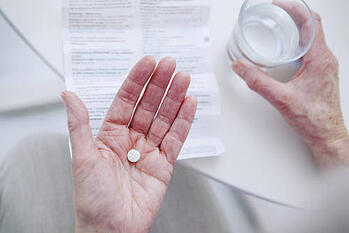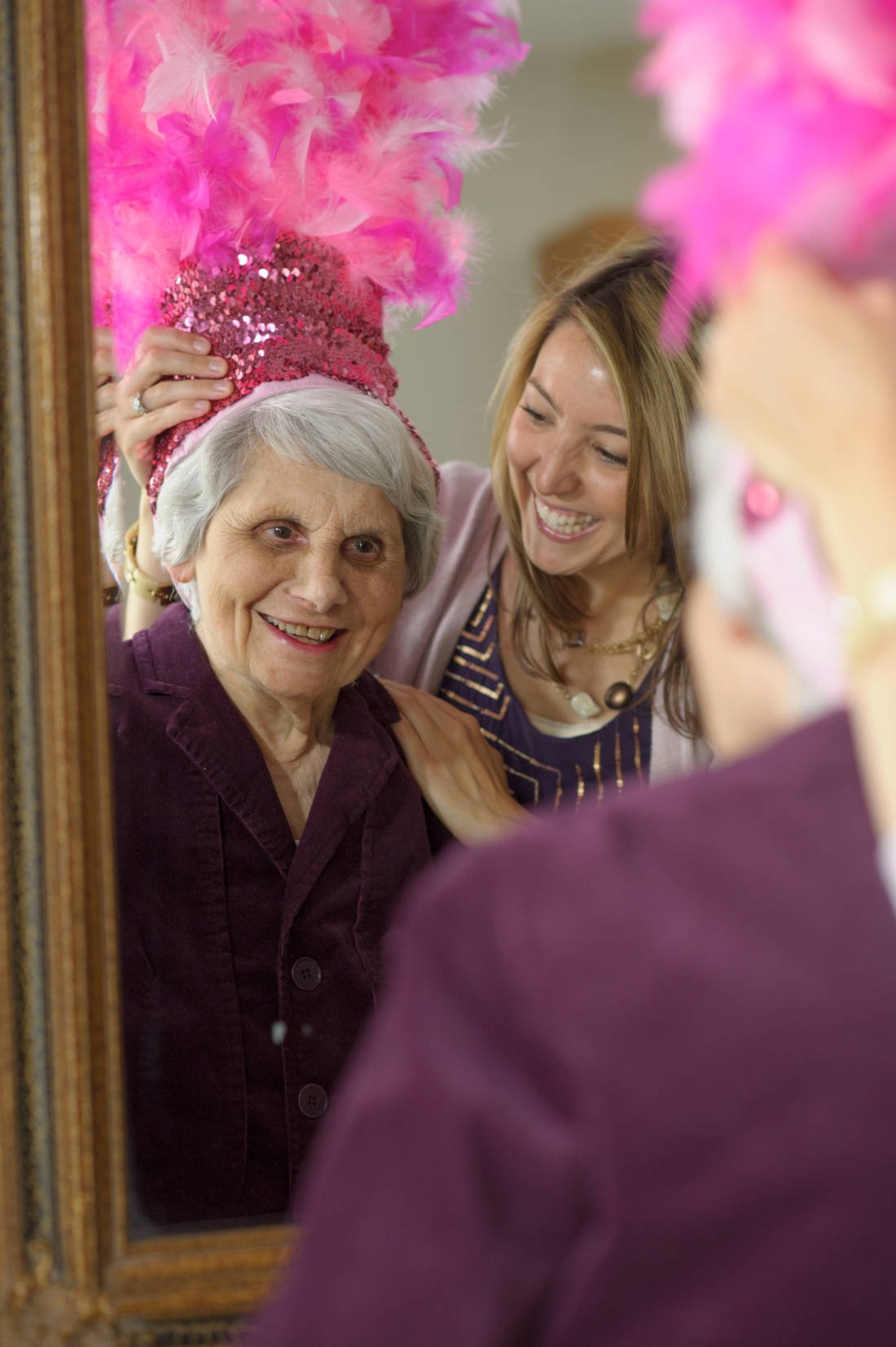Making Sense of Medications: Five Tips for Seniors and Caregivers
 Having trouble managing your aging loved one's medications? These five caregiver tips can help.
Having trouble managing your aging loved one's medications? These five caregiver tips can help.
While medicine can play a valuable role in helping people live well throughout their lives, factors ranging from the use of multiple medicines and adverse drug events to inappropriate prescribing, monitoring and adherence can lead to increased risks for seniors. Let’s take a closer look at five ways caregivers can help their aging loved ones maximize the benefits while minimizing the risks of medications.
1. Set a Schedule
Taking pills every day as prescribed is an important part of ensuring ongoing health. Unfortunately, many seniors struggle with remembering to take their medication. Incorporating medication into your aging loved one's daily routine by picking a particular time of day to take pills -- such as before brushing teeth every morning -- can help seniors stay on track.
2. Talk with the Doctor
Polypharmacy, AKA the use of multiple medications, often leads to dangerous side effects and adverse reactions. Keep your aging loved one’s doctor informed about every medication -- including all OTC drugs, vitamins, and herbal supplements -- to prevent complications.
Pharmacists are also valuable resources when adding to or changing drugs. One tip? Fill all prescriptions at the same pharmacy so pharmacists can easily identify potential interactions.
3. Follow All Instructions
Some drugs need to be taken on an empty stomach, while others should be taken with food. Additionally, some food and drink can cause reactions when combined with certain medications. To ensure drug efficacy while safeguarding against side effects, be mindful about these restrictions.
4. Get Educated
Research consistently points to the importance of patient engagement. Understanding everything you can about each medication -- from what it does to how it works -- can lead to better outcomes. For example, learning about common side effects, such as decreased appetite, can help caregivers come up with proactive coping strategies.
5. Maintain a List
A whopping 90 percent of people over the age of 60 take at least one prescription drug, while 30 percent take five or more, according to the AARP. Will you or your aging loved one remember all of these in a medical emergency? Maintaining a comprehensive, up-to-date list is useful not only in emergency situations, but also during doctor visits, hospitalizations, and trips to the pharmacy.
While making sense of your aging loved one’s medications may be challenging, it’s well worth the time and effort. Not only can doing so help safeguard seniors from dangerous drug reactions, but it can also help them gain the most benefits from their medications.
Key Takeaways
-
Building medications into your aging loved one’s daily routine can help prevent skipped doses.
-
Information is critical to maximizing medications: patients and caregivers should educate themselves as much a possible about all medications.
-
Doctors and pharmacists offer valuable partnership in preventing polypharmacy complications.
-
While doctors, pharmacists and caregivers play vital roles in ensuring medication safety, patient engagement is also a valuable part of medication safety.
About Marissa Salvesen
My journey into the world of senior living began when I started working for United Methodist Homes in 2010. Starting as an Activities Director at one of our-winning assisted and independent living communities and then transitioning to Marketing and Promotions Manager for UMH, I now work as the Manager of Mission Development, fostering the Mission and Values of our organization. I love sharing stories about the many ways we build meaningful relationships and enrich the lives of those we serve, and am proud to be part of building UMH’s 140-year legacy of caring. Wondering what makes our communities such special places to live and work? Connect with me and find out!

Our Blog is a 2016 Platinum Generations Award Winner! The Generations Award is an annual international competition for excellence in senior marketing recognizing professionals who have communicated to the 50+ Mature Markets.



